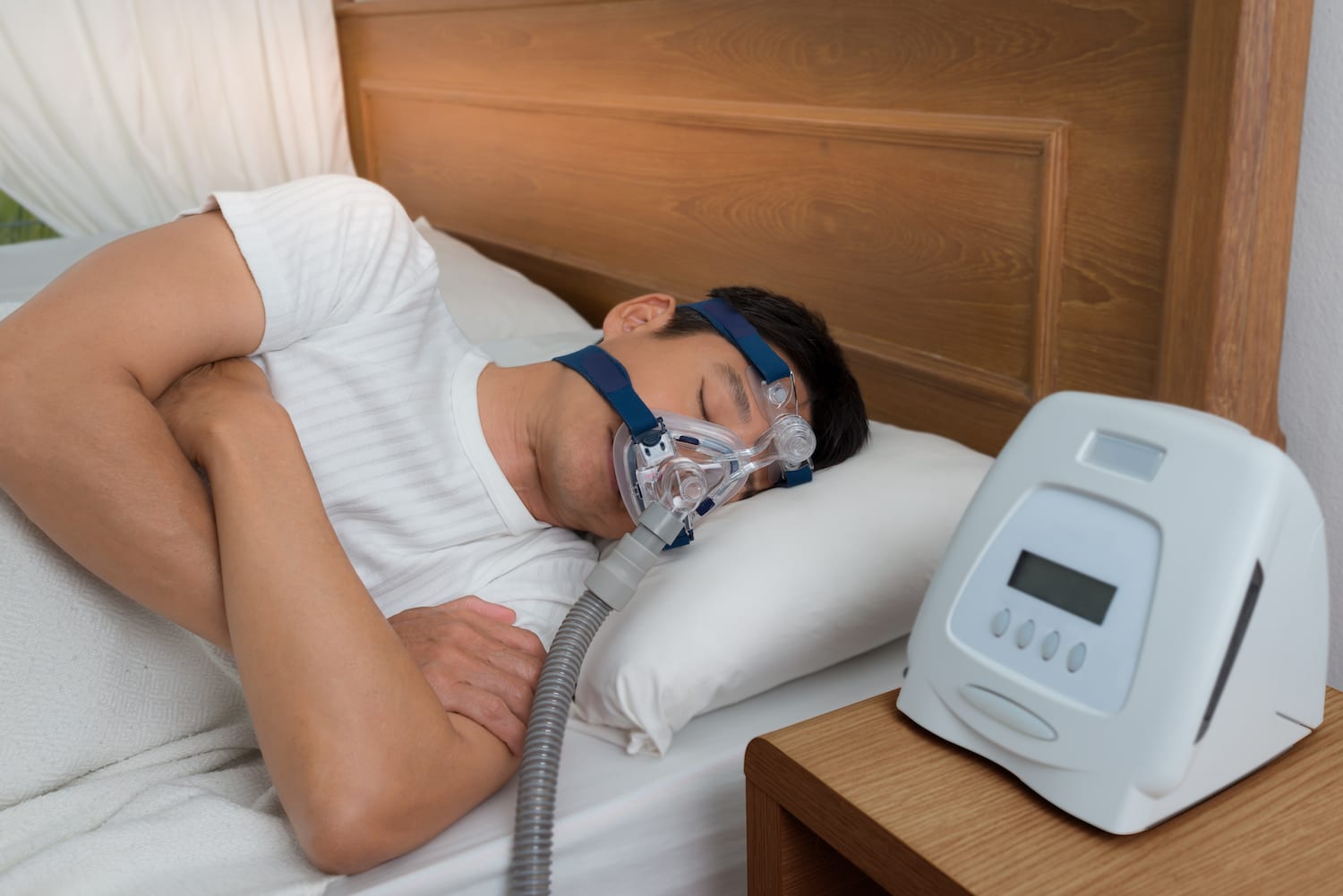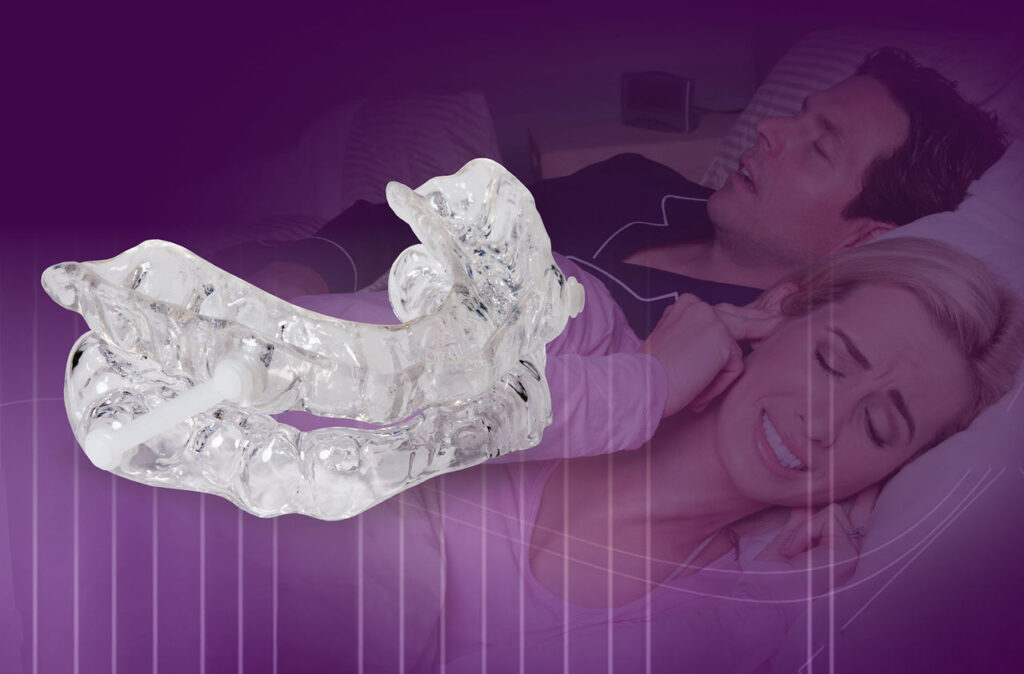
Home Sleep Test Australia: Convenient and Accurate Sleep Solutions
Understanding your sleep patterns is essential in maintaining overall health and well-being. In Australia, home sleep tests provide a convenient solution for individuals experiencing sleep issues. This article explores the significance of sleep, the concept of home sleep testing, its benefits, guidance on choosing the right test, and what to expect during the testing process.
Understanding the Importance of Sleep
Sleep is a critical pillar of health that impacts your physical, mental, and emotional well-being. As individuals, we tend to underestimate how significant a good night’s sleep is for our overall functioning.
In summary, home sleep test Sydney provides a convenient, accurate, and effective means of assessing sleep disorders. Understanding the importance of sleep and being aware of the process can empower individuals to take control of their sleep health and seek necessary treatments, ultimately leading to enhanced quality of life.
The Role of Sleep in Overall Health
Quality sleep plays a crucial role in various bodily functions. It helps regulate hormones, supports cellular repair, and strengthens the immune system. A consistent sleep schedule can lead to improved cognitive function, enhanced creativity, and better problem-solving capabilities.
Moreover, adequate sleep contributes to emotional resilience. It can reduce stress levels and anxiety, making it easier to cope with life’s daily challenges. Long-term sleep deprivation can lead to significant health issues, including heart disease, obesity, and diabetes. In fact, research indicates that those who prioritize sleep often report higher levels of happiness and life satisfaction, suggesting a direct correlation between sleep quality and overall quality of life.
Furthermore, sleep is essential for memory consolidation. During the sleep cycle, particularly during the REM stage, the brain processes and stores information gathered throughout the day, making it easier to recall facts and experiences later. This is why students and professionals alike are encouraged to get adequate rest before exams or important presentations, as a well-rested mind is far more adept at retaining and utilizing information.

Common Sleep Disorders and Their Impact
Sleep disorders come in many forms and can greatly influence one’s life. Conditions such as insomnia, sleep apnea, and restless leg syndrome are prevalent and can disrupt your sleep cycle.
- Insomnia: Characterized by difficulty falling or staying asleep, insomnia can lead to fatigue and reduced concentration. It often creates a vicious cycle, where anxiety about not sleeping further exacerbates the problem.
- Sleep Apnea: A potentially serious condition where breathing repeatedly stops and starts during sleep, impacting rest quality and increasing risks of cardiovascular issues. Many individuals with sleep apnea are unaware they have it, as it often occurs without conscious awareness, making regular sleep assessments crucial.
- Restless Leg Syndrome: This disorder causes uncomfortable sensations in the legs, leading to an irresistible urge to move them, particularly at night. It can significantly hinder the ability to fall asleep, resulting in a fragmented sleep pattern that leaves individuals feeling unrested.
Recognizing and addressing these disorders is vital for restoring restful sleep and improving overall health. Seeking professional help can lead to tailored interventions, such as cognitive behavioral therapy for insomnia (CBT-I) or the use of CPAP machines for sleep apnea, which can drastically improve sleep quality and, consequently, life quality. Additionally, lifestyle changes such as regular exercise, a balanced diet, and mindfulness practices can serve as effective strategies to mitigate the impact of these disorders.
The Concept of Home Sleep Test
A home sleep test is a simple and effective tool designed to diagnose sleep disorders in the comfort of your own space. This approach eliminates the stress often associated with sleep labs, making the process more accessible and less intimidating for patients. By allowing individuals to sleep in their own beds, home sleep tests can yield more accurate results, as the familiar environment can lead to more natural sleep patterns.
What is a Home Sleep Test?
A home sleep test involves using portable monitoring devices that track your sleep patterns and breathing activity. These tests are often recommended for patients suspected of having sleep apnea or other sleep-related conditions. The convenience of conducting a sleep study at home means that patients can avoid the discomfort of sleeping in an unfamiliar environment, which can sometimes interfere with their ability to fall asleep and stay asleep during traditional lab tests.
The device records essential data, including heart rate, oxygen saturation levels, and snoring patterns. After collecting this information, it is analyzed by a qualified healthcare professional to determine the presence of sleep disorders. In addition to diagnosing conditions like obstructive sleep apnea, home sleep tests can also provide insights into other issues such as insomnia or periodic limb movement disorder, making them a versatile tool in sleep medicine.
How Does a Home Sleep Test Work?
Unlike traditional in-lab sleep studies, a home sleep test allows users to wear a small monitoring device overnight. Setup is generally straightforward and can be done independently. This ease of use is particularly beneficial for those who may have mobility issues or prefer to avoid the hassle of hospital visits.
- Device Setup: Before bed, the user attaches sensors to specific areas of their body, such as the finger for oxygen monitoring or the chest for heart rate monitoring. Some devices may also include a nasal cannula to measure airflow, providing a comprehensive overview of respiratory function during sleep.
- Sleep Monitoring: The device collects data while the individual sleeps, tracking various parameters indicative of sleep apnea or other disorders. Users are often encouraged to maintain their regular bedtime routine to ensure that the data collected reflects their typical sleep behavior.
- Data Review: Once complete, users return the device to their healthcare provider for analysis. The healthcare expert reviews the data and provides insights based on the results. This analysis can lead to tailored treatment plans, which may include lifestyle changes, the use of CPAP machines, or further testing if necessary.
This process is designed to be user-friendly and efficient, making it an attractive option for many Australians experiencing sleep issues. Additionally, the rise of telehealth services has made it even easier for patients to discuss their results and treatment options with healthcare providers from the comfort of their homes, further enhancing the accessibility of sleep disorder management. Find more about accessibility at http://washington.edu/accesscomputing/AU
Benefits of Home Sleep Test
Home sleep tests offer a multitude of advantages, making them a preferred choice for diagnosing sleep disorders. They focus on user comfort, effective data collection, and timely medical assessments.
Convenience of Home Sleep Testing
One of the primary benefits of a home sleep test is convenience. Patients can relax in a familiar environment, significantly reducing anxiety often associated with overnight hospital stays.
Additionally, scheduling is incredibly flexible; individuals can choose a time that fits their lifestyle, allowing for a seamless integration of the test into their routine. This flexibility is particularly beneficial for those with demanding work schedules or family responsibilities, as it eliminates the need to take time off or arrange for childcare. Furthermore, the ability to conduct the test in the comfort of one’s own bed often leads to more natural sleep patterns, which can enhance the quality of the data collected.
To read more about home sleep study click here.
Accuracy of Home Sleep Tests
While some may question the accuracy of at-home testing versus traditional sleep lab studies, research shows that a well-conducted home sleep test can provide reliable results. They are particularly effective for diagnosing obstructive sleep apnea.
In fact, home tests have been validated by many healthcare systems, illustrating that when performed correctly, they can be just as predictive as in-lab studies. An accurate diagnosis allows for timely treatment, promoting better long-term health outcomes. Moreover, the technology used in home sleep tests has advanced significantly, with devices now capable of monitoring various physiological parameters such as heart rate, oxygen saturation, and airflow. This comprehensive data collection not only aids in diagnosing sleep apnea but can also uncover other sleep-related issues, such as periodic limb movement disorder or insomnia, providing a more holistic view of a patient’s sleep health. To find more about physiological click here.
Choosing the Right Home Sleep Test in Australia
When navigating the selection of a home sleep test, it’s important to consider various factors to ensure you choose the most effective option for your needs.
Factors to Consider When Selecting a Home Sleep Test
There are several key factors to consider when selecting a home sleep test, including:
- Type of Device: Different devices may measure varying aspects of sleep. Ensure that the device aligns with your symptoms.
- Provider Credentials: Choose a provider with a good reputation and qualified healthcare professionals who can interpret the results accurately.
- Follow-Up Care: Ensure that there is a plan for follow-up care post-testing to discuss results and outline treatment options, if necessary.
Taking the time to evaluate these aspects ensures that you receive a test tailored to your specific condition and needs.

Trusted Providers of Home Sleep Tests in Australia
In Australia, several providers specialize in home sleep testing, ensuring users have access to quality services. It’s crucial to conduct thorough research and read reviews on platforms such as health forums, ensuring that the provider you choose has a standing reputation.
Consulting with your healthcare provider can also inform your decision, as they may recommend trusted services based on your health history and specific symptoms.
Preparing for a Home Sleep Test
Preparation is key to ensuring that your home sleep test is as effective and informative as possible. There are steps you can take to maximize the accuracy of the data collected.
Steps to Take Before Your Home Sleep Test
Prior to the test, consider the following steps:
- Avoid Stimulants: Limit caffeine and nicotine intake in the hours leading up to your test, as these substances can disrupt your sleep.
- Follow Sleep Hygiene Practices: Maintain a regular bedtime routine to promote healthy sleep patterns leading up to the test.
- Adjust Sleep Environment: Ensure your sleep area is conducive to rest: dark, quiet, and cool.
By creating an optimal environment and preparing adequately, you can increase the likelihood of obtaining useful data from your home sleep test.
What to Expect During the Test
On the night of your test, you can expect a straightforward process. After setting up the device and ensuring that all sensors are securely attached, all you need to do is sleep as you normally would.
Keep in mind that while some discomfort may arise from wearing the sensors, it should not intervene significantly with your ability to sleep. The device will record all the necessary information throughout the night.
Once you awaken, simply remove the device as per the given instructions and return it to your healthcare provider for analysis.